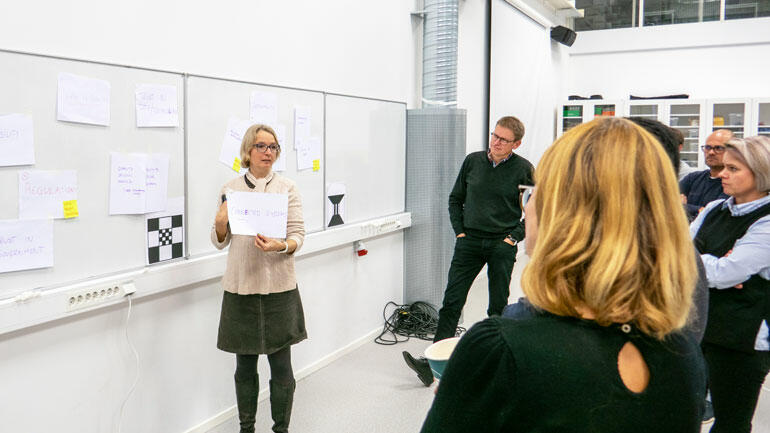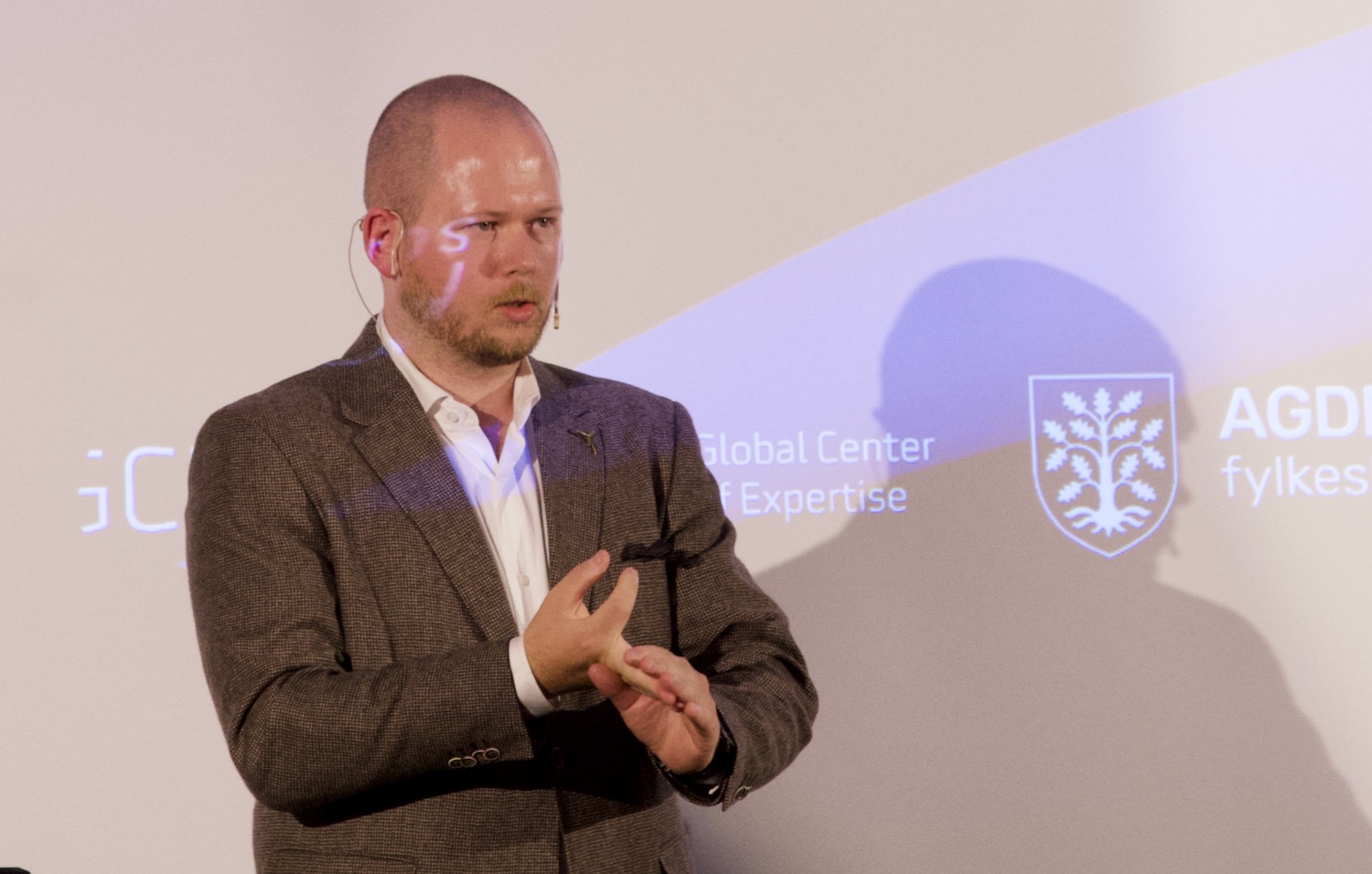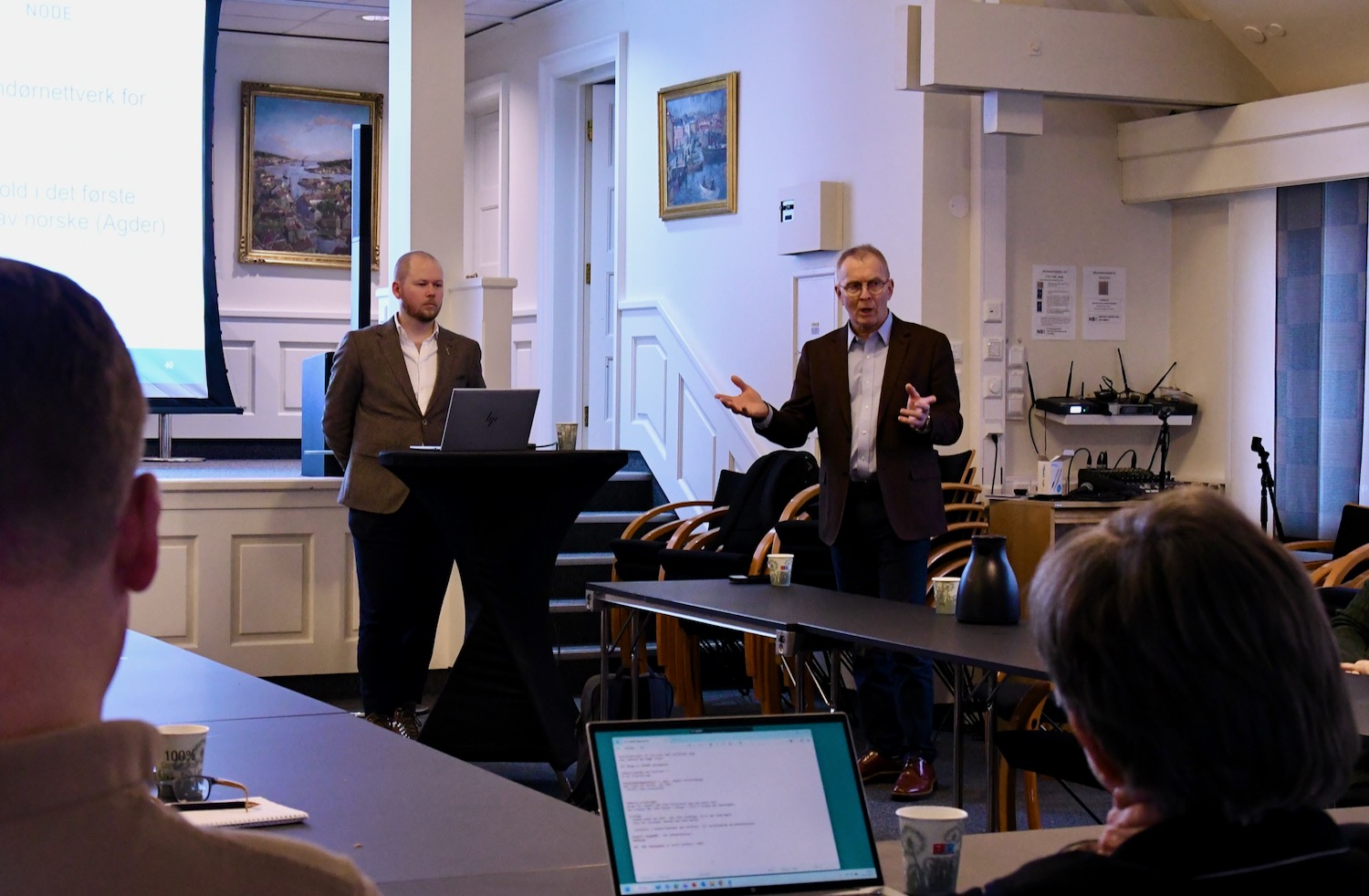GCE NODE, MacGregor, RedRock, Egde Consulting, and the University of Agder are all part of the project which is led by the University of South-Eastern Norway (USN). Partners also include the Norwegian University of Science and Technology (NTNU) and several industrial companies and clusters.
The primary project objective is to increase the value creation and quality of the PhD candidates towards world-class research and innovation of Complex Systems. The Norwegian industry, competing in an international market, needs excellent researchers and engineers on Complex Systems with an in-depth understanding of the industry. Academia also needs top researchers with industry experiences, as these will have a greater chance of carrying out relevant research for the industry and secure funding for their research.
ONE OUT OF TWELVE SCHOOLS
The Industrial Research School in Complex Systems is one out of 12 new national research schools in an 8-year program funded by The Research Council of Norway. It will be a supplement to the traditional PhD education. The project is inspired by the award-winning industry master program that USN started at Kongsberg, and which was later included in a several study courses at the university. Students split their time in the master’s program between the university and relevant employers.
This is also how the new Industrial Research School in Complex Systems will be set up. It gives students the opportunity to pursue an internship in a company for up to two years, a paid 50% position in a company for up to two years, or a «Business PhD» where employees in partner companies take a doctorate through the research school.
The research school is also based on the long experience with industrial doctoral candidates at the University of Agder, as well as NTNU’s professionalisation of research methods, which has helped many research fellows to complete their doctoral degree within the normal timeframe.
50 CANDIDATES
GCE NODE will participate in reference groups, help communicate project results, inform members about the project activities, and support the continuous improvement and development of the research school, which will initially admit 11 candidates, and a total of 50 candidates over the eight year project period.
After four years, the plan is to admit 15 new candidates each year during the eight years period. Aiming for a total of 50 candidates all in all.
“We look forward to this collaboration which we believe will give a boost to both the universities, the industry and Norway’s highly qualified workers,” says Tom Fidjeland, CEO of GCE NODE.



